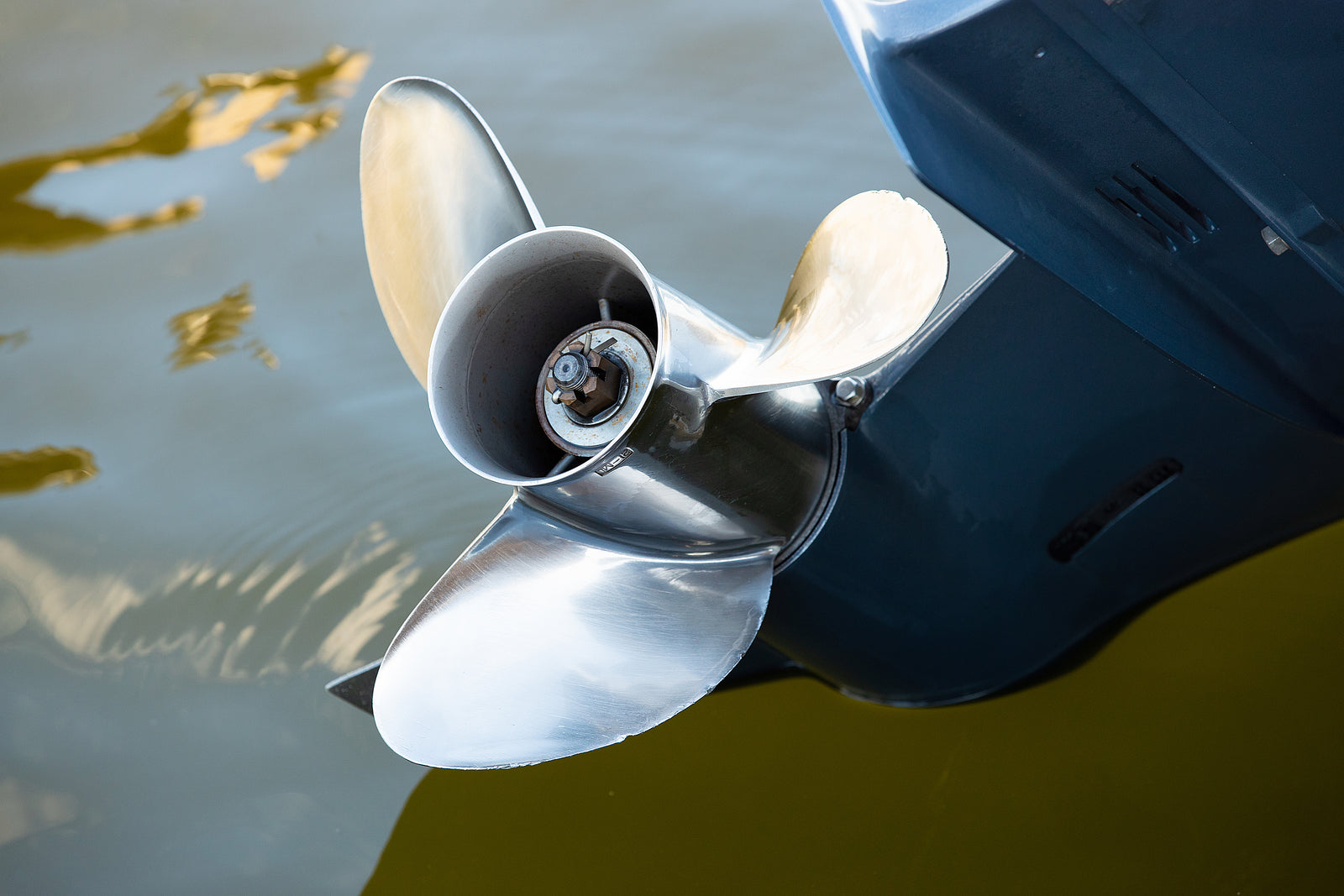The propeller is a vital part of your Yamaha outboard, converting engine power into motion to propel your boat through the water. Keeping your Yamaha outboard propeller in top condition is crucial for the efficiency and performance of your motor.
This guide will walk you through the steps to safely remove and inspect your Yamaha propeller. Following these instructions will help maintain proper function, ensuring the longevity and peak performance of your engine.
The embedded video shows a Yamaha propeller change on a Yamaha F250 outboard, but the instructions apply to nearly all Yamaha outboard engines.
Why Propeller Maintenance is Crucial
Proper maintenance of your Yamaha Outboard 250’s propeller is essential for several significant reasons:
- Ensuring Optimal Performance: Regular maintenance ensures your propeller is in top shape, guaranteeing your boat’s peak efficiency. Routine checks help prevent issues that can negatively impact speed and fuel efficiency, ensuring your boat is always ready for the water.
- Safety: A well-maintained propeller reduces the risk of accidents on the water, providing a safe boating experience for you and your passengers. Early detection and addressing issues prevent severe damage and risks to all on board.
- Extending the Life of Your Boat: Timely and consistent propeller maintenance prevents avoidable damage to the motor and other components, contributing to the overall longevity of your boat and avoiding costly future repairs or replacements.
- Economic Savings: Regular check-ups and propeller maintenance can lead to significant financial savings in the long run. By catching issues early and ensuring optimal performance, you can save on fuel, replacement parts, and potential significant repair costs.
What You’ll Need for the Job
Before beginning the process, make sure to gather the following necessary items:
- A propeller nut wrench or a large adjustable wrench
- Yamalube marine grease
- A block of wood or a specialized propeller holder
- Yamaha cotter pin (optional, but smart)
- Pliers
- Safety gloves and safety glasses
Yamaha Propeller Replacement and Inspection: Your Complete Step-by-Step Guide
1. Prepare the Boat
Begin by ensuring the ignition is turned OFF, and the key is removed to prevent accidental startups and provide safety throughout the process.
2. Cotter Pin Removal
Inspect the end of the propeller shaft to locate the cotter pin. Employ needle-nose pliers or a similar tool to extract it. If it appears aged or worn out, consider replacing it.
3. Place the Wood Block
Position a wood block or use a specialized propeller holder tool between the blades and the anti-cavitation plate. This step is crucial to prevent the propeller from rotating while you’re working on it.
4. Remove the Propeller Nut
Utilize a propeller nut wrench, ratchet, or an adjustable wrench to turn the propeller nut counterclockwise, then remove the nut.
5. Remove the Old Propeller
Gently pull the propeller from the shaft. If the propeller resists, gently wiggle it side to side while pulling.
6. Inspect the Hub
Conduct a visual inspection of the hub for signs of wear or degradation. A worn hub could lead to motor-prop malfunctions. Ensure no fishing line or foreign debris is inside the propeller or hub.
7. Thrust Washer Removal
Typically, a thrust washer is located behind the propeller. Slide it off and set it aside. Also, inspect the prop shaft seal for any signs of leakage, like small puddles of gear lube.
8. Clean and Lubricate the Shaft
Thoroughly clean any remaining old lubrication from the shaft. Next, a moderate amount of Yamalube marine grease is applied to the propeller shaft to ease the installation of the new propeller and aid in preventing corrosion.
9. Replace the Thrust Washer
Carefully slide the thrust washer back onto the shaft in front of the propeller.
10. Install the Propeller
Reinstall the propeller onto the shaft, ensuring proper alignment with the splines and full seating against the thrust hub or spacer.
11. Tighten the Propeller Nut
Manually thread the propeller nut onto the shaft. Use the block of wood or propeller holder to prevent propeller movement. Tighten the nut using the appropriate tool. Make sure it’s secure without overtightening.
12. Insert the Cotter Pin
Insert the cotter pin through the hole in the propeller shaft.
13. Final Check
Conduct a final assessment, ensuring everything is tightly secured. Manually spin the propeller to ensure it moves freely and without obstruction, indicating a successful propeller change.
Final Thoughts
Maintaining your Yamaha outboard’s propeller is more than an item on your to-do list. It’s an integral practice that ensures optimal boat performance, heightened safety, extended lifespan, and significant economic savings.
By dedicating time and attention to regular propeller maintenance, you are preserving the functionality and efficiency of your boat, ensuring enjoyable and worry-free experiences on the water. Don’t overlook this essential task –prioritize propeller maintenance and reap numerous benefits to your boating life.
Important Note
Always consult your engine’s owner’s manual for instructions and information specific to your engine. If you need clarification on changing a propeller, consult a Yamaha-certified mechanic.

